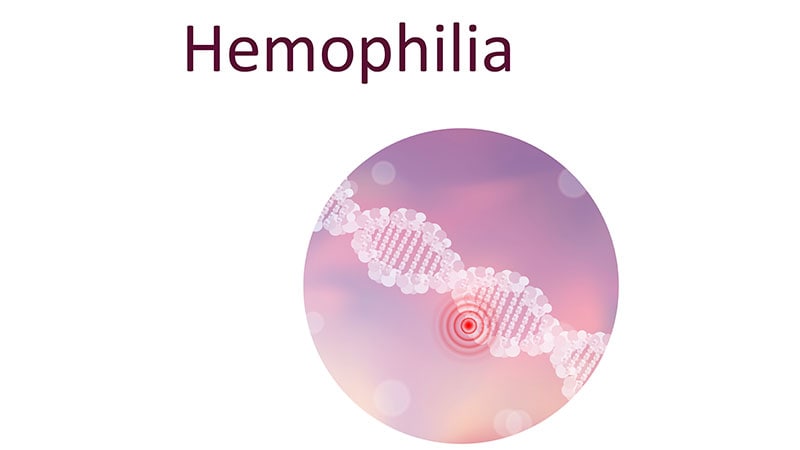In its May 2024 meeting, the European Medicines Agency (EMA) gave the go-ahead for Durveqtix to treat severe and moderately severe hemophilia B in adults who do not have factor IX inhibitors or detectable antibodies to variant adeno-associated virus serotype Rh74 (AAVRh74var).
The agency has also recommended Adzynma for the treatment of ADAMTS13 enzyme deficiency in patients with congenital thrombotic thrombocytopenic purpura.
Durveqtix
The new gene therapy for hemophilia B, Durveqtix (fidanacogene elaparvovec; Pfizer), was given conditional marketing authorization on the basis that its immediate availability fulfils an unmet medical need and its benefit to public health outweighs the inherent risk of additional data still being required. The medicine was supported through the EMA’s Priority Medicines (PRIME) scheme.
Fidanacogene elaparvovec is a blood coagulation factor gene therapy. It uses a recombinant adeno-associated viral serotype Rh74 (AAVRh74var) to deliver a functional copy of the Padua variant of human factor IX transgene. The expressed factor IX replaces the missing coagulation factor IX required for proper coagulation of the patient’s blood.
Most of the currently authorized medicines for hemophilia B require frequent and lifelong intravenous infusions to prevent or treat bleeding. Patients need more new treatments that provide sustained bleed protection, reduce frequency of infusions, and improve their quality of life, explained the EMA’s Committee for Medicinal Products for Human Use (CHMP).
Durveqtix is delivered as a single infusion.
The CHMP recommendation was based on the results of an ongoing single-arm, open-label, phase 3 trial in 45 men with moderately severe or severe hemophilia B who tested negative for neutralizing antibody to AAVRh74var and received a single intravenous infusion of fidanacogene elaparvovec. The study compared the annualized bleeding rate, which included both treated and untreated bleeding events, in participants treated with gene therapy vs the period when they were treated with routine factor IX prophylaxis regimen, administered as part of standard care, in a lead-in study.
In the clinical trial, most patients treated with fidanacogene elaparvovec experienced fewer bleeding episodes than before treatment when they were taking standard factor IX prophylaxis. After administration of fidanacogene elaparvovec , most patients no longer needed factor IX replacement therapy, and this benefit was maintained for at least 2 years.
Adzynma
The CHMP also recommended granting a marketing authorization under exceptional circumstances for Adzynma (rADAMTS13; Takeda), an enzyme replacement therapy indicated for the treatment of children and adults with congenital thrombotic thrombocytopenic purpura (TTP). In exceptional circumstances, an authorization may be granted subject to certain specific obligations, to be reviewed annually. This happens when the applicant can show that they are unable to provide comprehensive data on the efficacy and safety of the medicinal product owing to the rarity of the condition it is intended for, limited scientific knowledge in the area concerned, or ethical considerations involved in the collection of such data.
The lack or a severe reduction of the von Willebrand factor (VWF) cleaving metalloprotease ADAMTS13 is associated with TTP. Adzynma is a synthetic version of the ADAMTS13 protein that works by replacing the missing or defective ADAMSTS13 enzyme. The treatment will be available as powder and solvent for solution for injection and is expected to reduce or eliminate the spontaneous formation of VWF-platelet microthrombi, responsible for platelet consumption and thrombocytopenia in patients with congenital TTP.
The CHMP highlighted that compared with plasma-based therapies, the benefit of Adzynma is the reduction of acute and subacute TTP events, such as thrombocytopenia and microangiopathic hemolytic anemia, and TTP manifestations, including neurologic symptoms, renal dysfunction, and abdominal pain.
>>> Read full article>>>
Copyright for syndicated content belongs to the linked Source : Medscape – https://www.medscape.com/viewarticle/ema-authorizes-hemophilia-b-gene-therapy-2024a1000a9j
